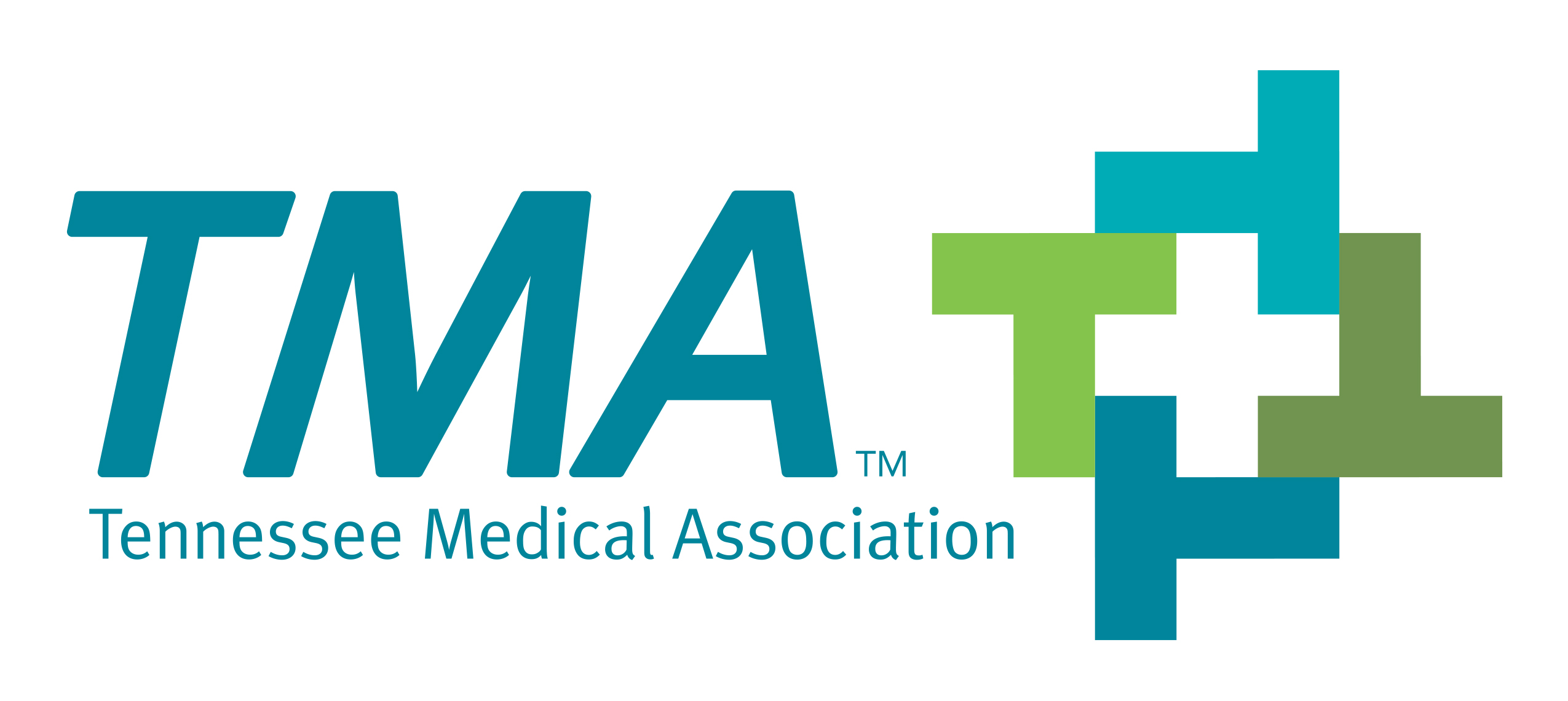113th Tennessee General Assembly Adjourns, House of Medicine Triumphs

113th Tennessee General Assembly Adjourns, House of Medicine Triumphs
The second year of the 113th Tennessee General Assembly adjourned sine die late Thursday, concluding months of political infighting and increasingly partisan divides on key policy issues like education, public safety, and criminal justice. Among the most controversial issues passed in the final days of session include a $1.9 billion franchise tax cut and refund for businesses, authorizing teachers in schools to carry firearms under certain conditions, and allowing the death penalty for child rapists. Notably, Gov. Lee’s priority proposal to expand school vouchers statewide failed to pass due to fundamental disagreements between the Senate and House. Other measures enjoyed bipartisan support, such as artificial intelligence protections for musicians and increased funding for teacher salaries.
Lawmakers passed a $52.8 billion budget for the 2024-2025 fiscal year, representing a $3.4 billion decrease from last year’s budget due to flattening revenues. The spending plan provides funding for several of Lee’s key initiatives, including $297 million to support rural and mental health infrastructure and $26.7 million for Tennesseans with disabilities. The budget utilizes TennCare shared savings generated from the block grant to invest in greater access to specialty care and telemedicine, support primary care training and hospital infrastructure, and expand substance use disorder treatment, among other healthcare priorities.
TMA and the House of Medicine fared very well this year, passing all of its legislative priorities and fending off several measures that impeded physicians’ ability to practice evidence-based medicine. The impact of legislation passed this session will have a ripple effect on Tennessee’s practice environment for years to come, including protecting physicians from assault in the workplace, stabilizing practice revenue during recoupment periods, improving efficiency of the collaborative relationship with physician assistants, and enabling physicians to seek out treatment for burnout without fear of professional retribution.
For a summary of key legislation TMA worked on this session, click here.
